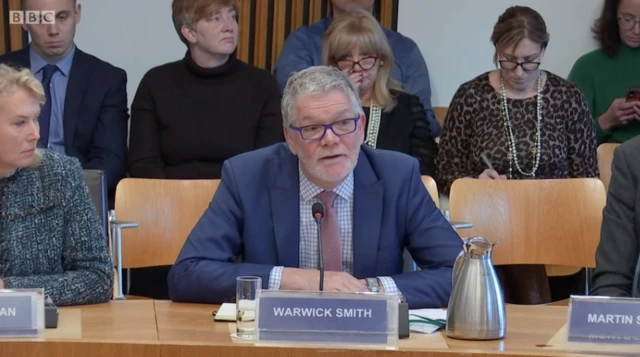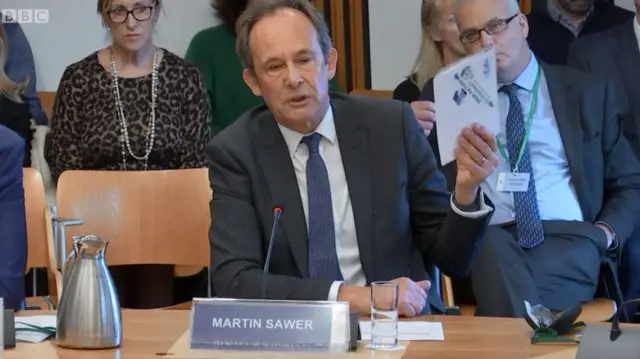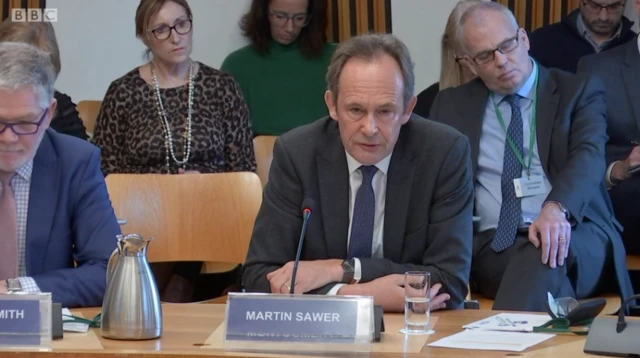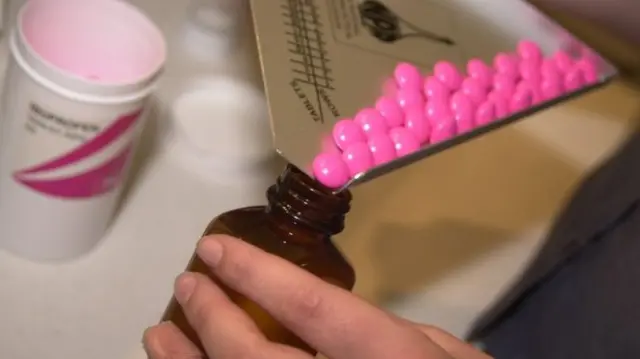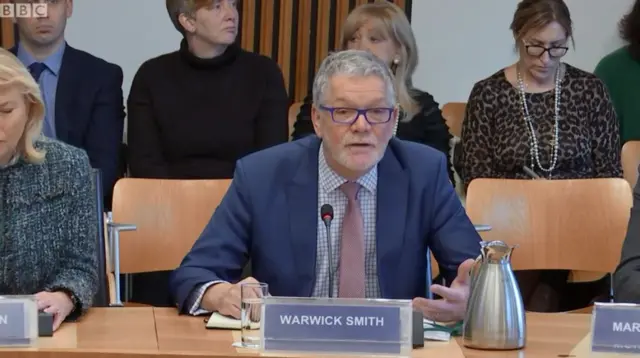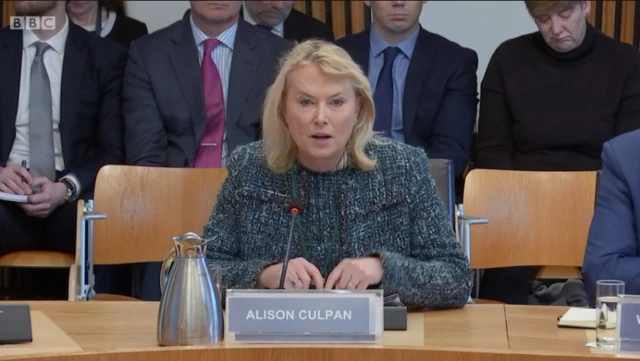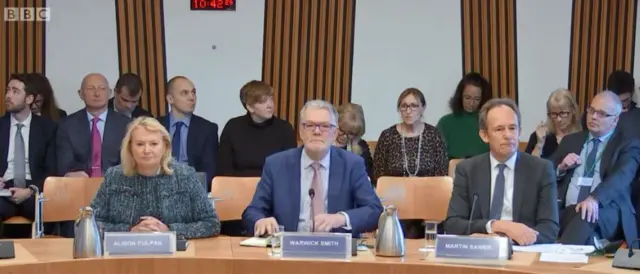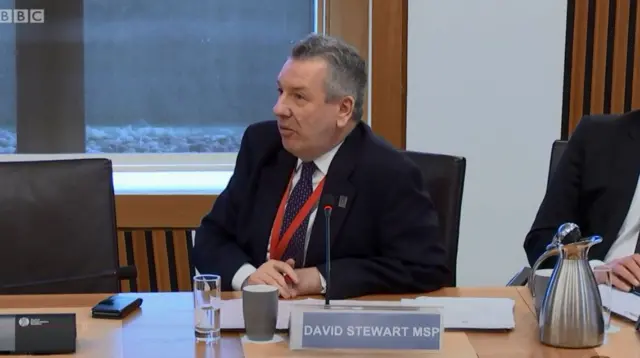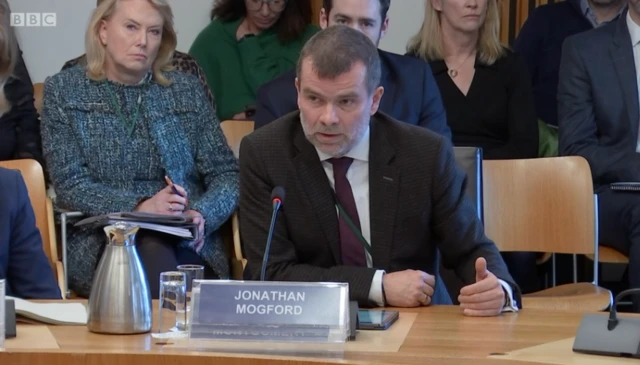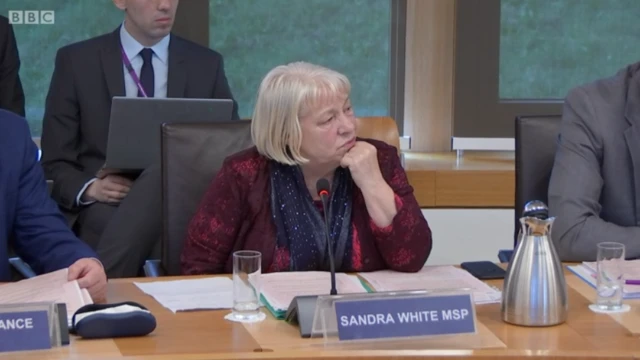Concerns about any border friction post-Brexitpublished at 11:31 GMT 21 January 2020
Martin Sawer from the Healthcare Distribution Association is "very concerned" about friction in the system.
Mr Sawer points out any more barriers will cause concern and his organisation are working very closely with the UK department of health.
There will be preparation necessary for December 31st, he adds.
